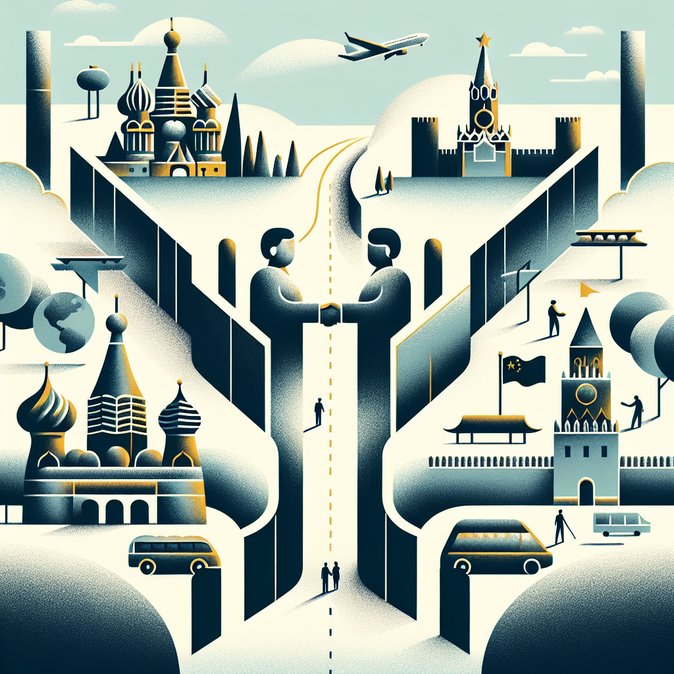
Speaking alongside Chinese Premier Li Qiang at the Kremlin on 18 November 2025, President Vladimir Putin announced that Russia will lift visa requirements for holders of Chinese ordinary passports “in the very near future.” The move will mirror the one-year, 30-day visa-free access that Beijing granted to Russian travelers on 15 September.
Although Moscow and Beijing have long had a mutual visa-free regime for organised tour groups, individual travelers have still needed visas—a costly and time-consuming hurdle that deterred many business delegations and high-spending tourists. Putin’s statement clears the final political obstacle to full reciprocity; Russian ministries are expected to publish the implementing decree within weeks, with border-control systems already upgraded to recognise Chinese e-passports.
![Russia Confirms Visa-Free Entry for Chinese Citizens “in the Very Near Future”]()
Tourism and commercial stakeholders in both countries are poised to benefit. According to travel-platform Qunar, hotel searches by Chinese users for Moscow and St Petersburg jumped 280 percent after Putin’s remarks. The Association of Tour Operators of Russia estimates that visa-free status could treble Chinese visitor numbers in 2026, restoring pre-pandemic inbound volumes and injecting an additional US$3 billion into hospitality, retail and air-transport sectors.
For corporate mobility managers, the change simplifies short-term trips for meetings, site visits and trade-fair attendance. However, travellers engaging in remunerated activities will still require work authorisation under existing labour-migration rules. Companies should update internal travel-approval workflows and educate employees on entry-stamp validity, which will be limited to 30 calendar days per visit.
The announcement underscores the deepening strategic partnership between the two neighbours and signals that Moscow views inbound tourism—and, by extension, people-to-people exchanges—as a new pillar of bilateral economic cooperation. If implementation proceeds smoothly, analysts expect negotiations on multi-year multiple-entry business visas to follow, further integrating the two markets.
Although Moscow and Beijing have long had a mutual visa-free regime for organised tour groups, individual travelers have still needed visas—a costly and time-consuming hurdle that deterred many business delegations and high-spending tourists. Putin’s statement clears the final political obstacle to full reciprocity; Russian ministries are expected to publish the implementing decree within weeks, with border-control systems already upgraded to recognise Chinese e-passports.

Tourism and commercial stakeholders in both countries are poised to benefit. According to travel-platform Qunar, hotel searches by Chinese users for Moscow and St Petersburg jumped 280 percent after Putin’s remarks. The Association of Tour Operators of Russia estimates that visa-free status could treble Chinese visitor numbers in 2026, restoring pre-pandemic inbound volumes and injecting an additional US$3 billion into hospitality, retail and air-transport sectors.
For corporate mobility managers, the change simplifies short-term trips for meetings, site visits and trade-fair attendance. However, travellers engaging in remunerated activities will still require work authorisation under existing labour-migration rules. Companies should update internal travel-approval workflows and educate employees on entry-stamp validity, which will be limited to 30 calendar days per visit.
The announcement underscores the deepening strategic partnership between the two neighbours and signals that Moscow views inbound tourism—and, by extension, people-to-people exchanges—as a new pillar of bilateral economic cooperation. If implementation proceeds smoothly, analysts expect negotiations on multi-year multiple-entry business visas to follow, further integrating the two markets.









